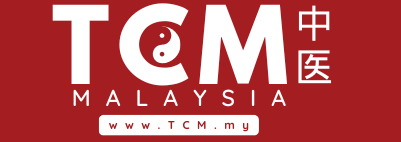Acupuncture (针灸, pronounced Zhēn jiǔ) is a key component of Traditional Chinese Medicine (TCM), has been practiced for thousands of years to promote health and well-being. This ancient therapy involves inserting thin needles into specific points on the body to balance the flow of energy, known as “qi” (气) (pronounced “chee”). In recent decades, acupuncture has gained recognition in Western medicine for its potential benefits in treating various health conditions.
Understanding Acupuncture
According to TCM, qi flows through pathways in the body called meridians (经络) (pronounced “Jīng luò”). When this energy flow is disrupted, it can lead to illness or discomfort. Acupuncture aims to restore the balance of qi by stimulating specific points along these meridians. Modern scientific theories suggest that acupuncture may stimulate nerves, muscles, and connective tissues, leading to increased blood flow and the release of the body’s natural painkillers.
Common Applications and Benefits
Acupuncture is most commonly used to treat pain. Increasingly, it is being used for overall wellness, including stress management. Studies have shown that acupuncture may be effective alone or when used with conventional therapies to treat various conditions.
What to Expect During an Acupuncture Session
During an acupuncture session, a licensed practitioner will assess your health history and current symptoms. They will then insert sterile, disposable needles into specific points on your body. The needles are typically left in place for about 20 to 30 minutes. Most people report minimal discomfort, often describing a tingling or warm sensation. 
Safety and Considerations
When performed by a qualified practitioner, acupuncture is generally considered safe. Potential side effects are rare but may include minor bruising or soreness at the needle sites. It’s essential to consult with a healthcare provider before starting acupuncture, especially if you have underlying health conditions or are pregnant.
Conclusion
Acupuncture offers a holistic approach to health and wellness, with a rich history and a growing body of research supporting its benefits. Whether you’re seeking relief from chronic pain or exploring complementary therapies for overall well-being, acupuncture may be a valuable addition to your healthcare regimen.

